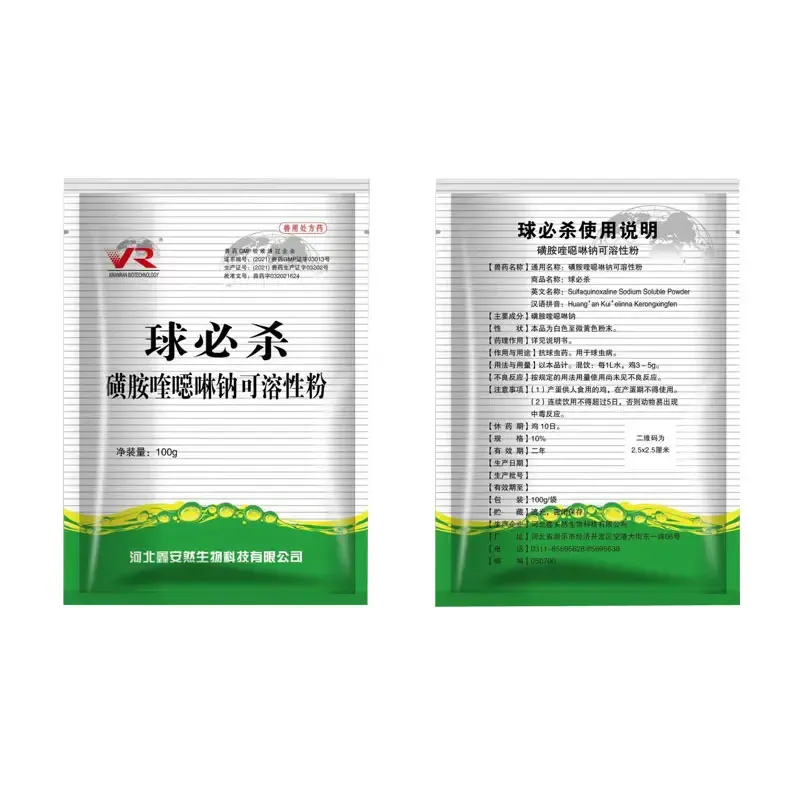- Afrikaans
- Albanian
- Amharic
- Arabic
- Armenian
- Azerbaijani
- Basque
- Belarusian
- Bengali
- Bosnian
- Bulgarian
- Catalan
- Cebuano
- Corsican
- Croatian
- Czech
- Danish
- Dutch
- English
- Esperanto
- Estonian
- Finnish
- French
- Frisian
- Galician
- Georgian
- German
- Greek
- Gujarati
- Haitian Creole
- hausa
- hawaiian
- Hebrew
- Hindi
- Miao
- Hungarian
- Icelandic
- igbo
- Indonesian
- irish
- Italian
- Japanese
- Javanese
- Kannada
- kazakh
- Khmer
- Rwandese
- Korean
- Kurdish
- Kyrgyz
- Lao
- Latin
- Latvian
- Lithuanian
- Luxembourgish
- Macedonian
- Malgashi
- Malay
- Malayalam
- Maltese
- Maori
- Marathi
- Mongolian
- Myanmar
- Nepali
- Norwegian
- Norwegian
- Occitan
- Pashto
- Persian
- Polish
- Portuguese
- Punjabi
- Romanian
- Russian
- Samoan
- Scottish Gaelic
- Serbian
- Sesotho
- Shona
- Sindhi
- Sinhala
- Slovak
- Slovenian
- Somali
- Spanish
- Sundanese
- Swahili
- Swedish
- Tagalog
- Tajik
- Tamil
- Tatar
- Telugu
- Thai
- Turkish
- Turkmen
- Ukrainian
- Urdu
- Uighur
- Uzbek
- Vietnamese
- Welsh
- Bantu
- Yiddish
- Yoruba
- Zulu
تشرینی دووەم . 10, 2024 21:31 Back to list
Benefits of Multivitamin Injections for Swine Health and Growth Enhancement
The Role of Multivitamin Injections in Swine Nutrition
Multivitamin injections have become an essential aspect of swine management, particularly in the context of modern livestock production. As the demand for pork continues to rise globally, farmers and veterinarians are adopting more advanced nutritional strategies to enhance the health and productivity of pigs. One such strategy is the use of multivitamin injections, which play a crucial role in addressing nutrient deficiencies that can affect the overall well-being and growth of swine.
The Role of Multivitamin Injections in Swine Nutrition
Vitamin deficiencies in pigs can lead to a range of health issues, including poor growth rates, reduced feed efficiency, and increased susceptibility to diseases. For instance, a deficiency in vitamin E can result in muscle degeneration and increased oxidative stress, jeopardizing the health of the animal. Similarly, vitamin D is crucial for calcium absorption and bone health; without it, pigs may suffer from weak skeletal structures. By administering multivitamin injections, farmers can ensure that pigs receive a concentrated dose of these vital nutrients, leading to improved health and productivity.
multivitamin injection for pigs

The primary advantage of multivitamin injections is their rapid absorption and immediate availability to the animal's system. Oral vitamin supplementation, while effective, can sometimes be less reliable due to factors like feed refusal, digestive efficiency, and the presence of anti-nutritional factors in feed. In contrast, injections bypass these potential obstacles, delivering nutrients directly into the bloodstream and ensuring that pigs receive the necessary vitamins when they need them most. This is particularly important in the early stages of life when piglets are transitioning from maternal milk to solid feed, during high-stress periods such as weaning, or when facing outbreaks of disease.
Moreover, multivitamin injections can also benefit the pig's immune system, which is particularly vital in intensively managed systems where animals are often housed in close quarters. A well-functioning immune system helps reduce the incidence of infectious diseases, thereby improving animal welfare and productivity. By boosting the immune response through adequate vitamin supplementation, farmers can mitigate the risks associated with disease outbreaks and promote healthier herds.
While the advantages of multivitamin injections are clear, it is essential for producers to approach their use judiciously. Over-supplementation can lead to toxicity and other health complications. Therefore, it is crucial to tailor vitamin supplementation to the specific needs of the herd, considering factors such as age, weight, growth stage, and health status. Consulting with a qualified veterinarian or nutritionist can help farmers determine the appropriate vitamin regimen, including the type and dosage of multivitamin injections.
In conclusion, multivitamin injections represent a valuable tool in modern swine nutrition. They provide a practical solution to nutritional deficiencies, supporting optimal growth, improving immune function, and enhancing overall health in pigs. As the industry continues to evolve, incorporating such advanced nutritional methods will be vital in meeting the growing global demand for pork while ensuring the health and welfare of livestock. With careful management and strategic use, multivitamin injections can significantly contribute to the productivity and sustainability of swine production systems.
-
Guide to Oxytetracycline Injection
NewsMar.27,2025
-
Guide to Colistin Sulphate
NewsMar.27,2025
-
Gentamicin Sulfate: Uses, Price, And Key Information
NewsMar.27,2025
-
Enrofloxacin Injection: Uses, Price, And Supplier Information
NewsMar.27,2025
-
Dexamethasone Sodium Phosphate Injection: Uses, Price, And Key Information
NewsMar.27,2025
-
Albendazole Tablet: Uses, Dosage, Cost, And Key Information
NewsMar.27,2025













